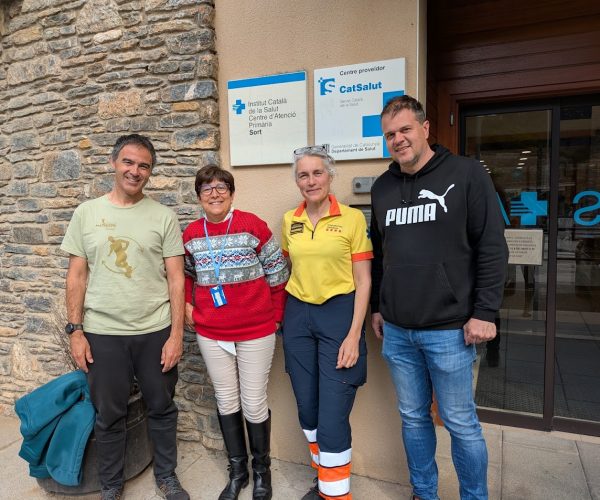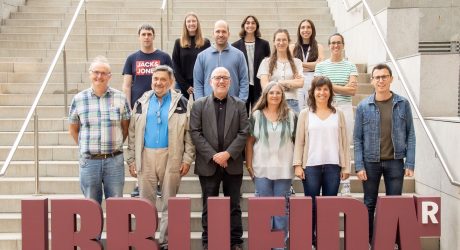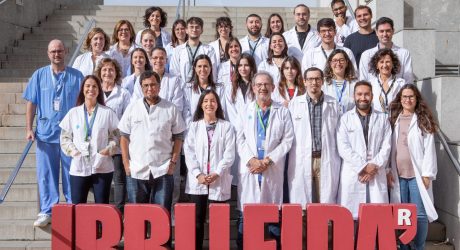The ESMOLET project will incorporate prevention and safety measures to minimise the number and severity of accidents during outdoor leisure activities
Funded in the second edition of the IRBLleida call for Biomedical Research Projects, High Pyrenees and Aran Category, by the Provincial Council of Lleida
The ESMOLET study (Sport, Health, Medicine, Opportunity, Learning, Transversal), winner of one of the two grants in the second edition of the Biomedical Research Projects call, High Pyrenees and Aran category of the Lleida Biomedical Research Institute (IRBLleida), funded by the Lleida Provincial Council and promoted by the Department of Health, will incorporate prevention and safety elements to minimise the number and severity of accidents in outdoor leisure activities.
The grant-funded project reviewed all medical interventions in the region in August 2024: visits to primary care centres, visits to the referral hospital (emergency department) and transfers. The research team described the most common injuries, their causes, the origin of the people treated, the geographical locations and the consequences of the accidents.
The head of the study, Montserrat Romaguera, stated that “first-hand knowledge of what happens in terms of sports accidents in the Pallars region can be the spearhead for extrapolating what happens in the health region, and also in neighbouring Pyrenean regions, such as the eastern Pyrenees and the Aragonese and Navarrese Pyrenees”.
In addition, the study also analyses the main human factors related to accidents, based on the “twelve damned”, a concept used in occupational safety and accident prevention. The 12 factors are overconfidence, fatigue, stress, lack of situational awareness, psychological pressure, failure to follow rules, distraction, lack of knowledge, communication problems, difficulty in teamwork, lack of assertiveness, and lack of resources and equipment.
“The research project involves the primary care team, but it has a community-based and pioneering aspect, given that after analysing the data from the descriptive and qualitative study with statistical professionals from IRBLleida, different cross-cutting preventive interventions will be proposed, prioritising social networks and digital tools with the support of the Catalan Society of Family and Community Medicine (CAMFIC) and the Jordi Gol y Gorina Foundation of the Catalan Health Institute,” explained researcher Montserrat Romaguera.
“Every year, the Pyrenean regions attract thousands of people of various origins, profiles, ages and physical conditions to enjoy outdoor leisure activities. According to data from the Department of the Interior of the Generalitat of Catalonia, rescues in the natural environment have increased since the pandemic, but we do not yet have any records of accidents.
The aim of this grant is to introduce professionals from the Alto Pirineo y Arán Health Region to the field of research in order to promote biomedical research that reaches and adapts to the idiosyncrasies of the territory.




